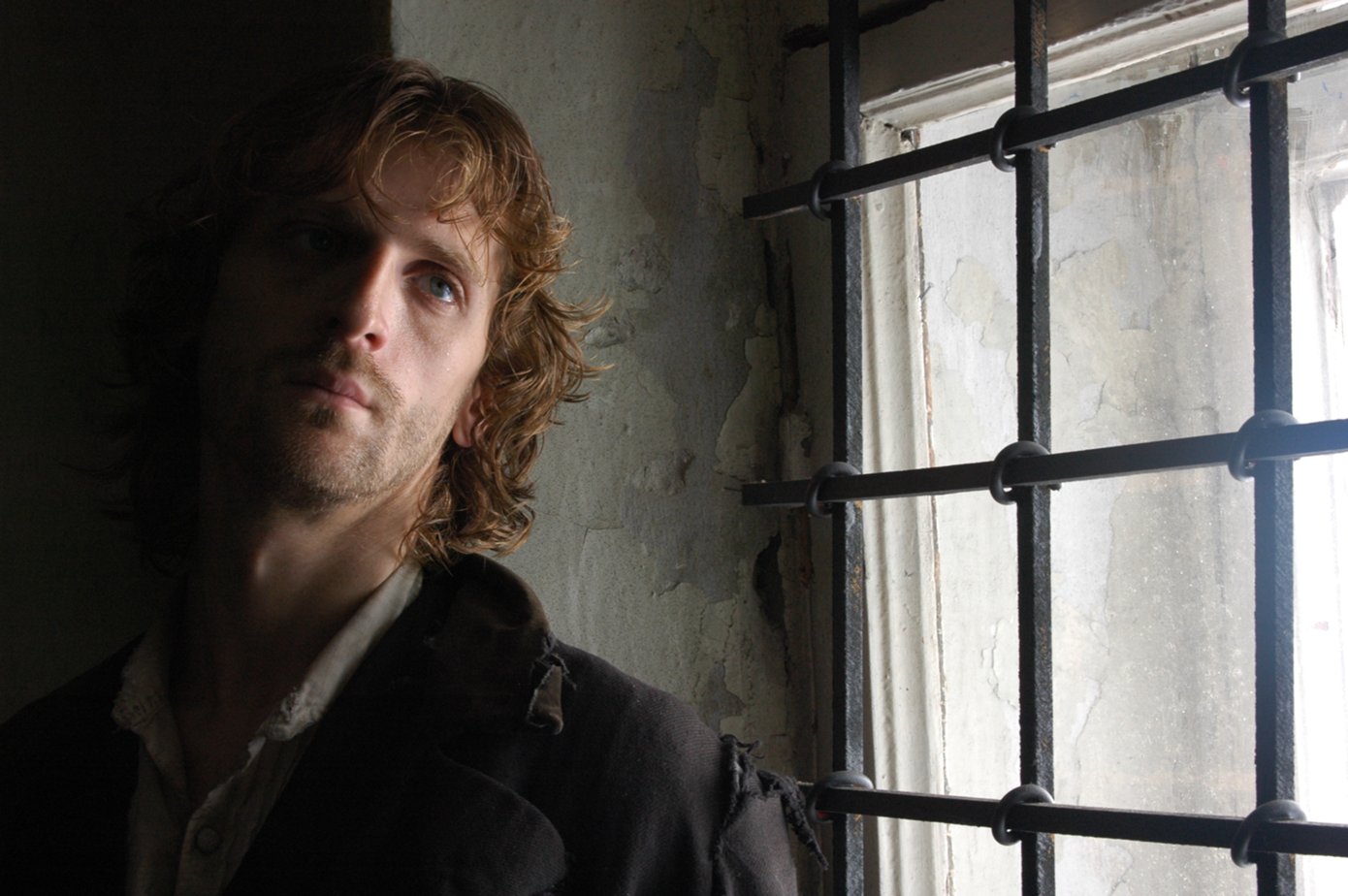The meaning of the proverb - “you can’t build happiness on someone else's misfortune”, where did this phrase come from? Examples confirming the proverb from life and literature. Arguments for school works
Contents
- About separations, or why can't you build happiness on someone else's misfortune?
- A love story in which on someone else's misfortune of happiness did not work out
- Arguments for composing on the topic "You can’t build happiness on someone else's misfortune"
- Video: Is happiness possible on someone else's misfortune - the answer of the priest
What does the expression “you can’t build happiness on someone else's misfortune” in the plane of personal relationships, and what literary arguments schoolchildren can use for writings. About all this in our article.
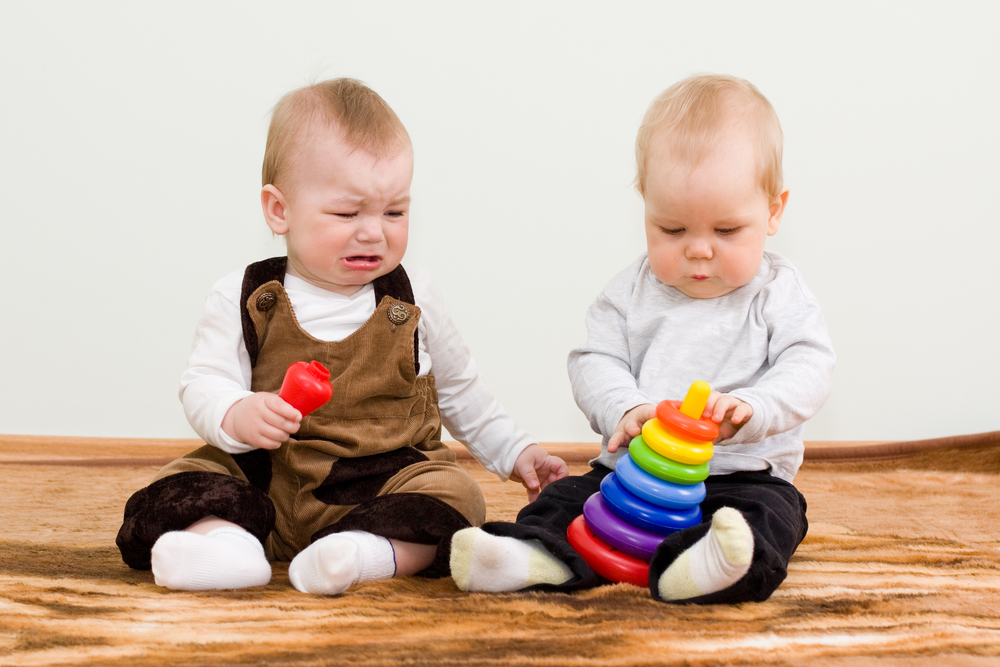
About separations, or why can't you build happiness on someone else's misfortune?
This phrase sounds from the mouth of abandoned women as a curse. The expression - “you can’t build happiness on someone else’s grief”, also moves from the biblical “do not wish your neighbor’s wife,” however, as a husband.
What can an abandoned woman think about?
- He is a traitor.
- The neighbors will think that I'm bad, since he left.
- His relatives, who smiled sweetly at me, now everyone will stand on his side. They are also traitors.
- His new passion does not yet know what kind of bastard he is.
- Why is she better than me? He could at least disgrace me and find a new girl more interesting.
- I and she ... but she is fat, she could even lay a cavard on her head, and her teeth are yellow, and she does not know how to cook (you can come up with the shortcomings).
- Am I really as terrible as "this."
- I do not know how to live without him.

Fear and resentment let a veil over the eyes. The phrase that you can’t build happiness on someone else's misfortune, begins to seem fair. Moreover, the proverb seems true in the sense that all conceivable and inconceivable misfortunes should fall on the offender and the offender.
- I want a cake, and for all his mistresses the train moved.
- I want him to beat his new passion, to blood and bruises. And what, she is such a Meger that this deserves it.
- It would be fair if he became infected with her a bouquet of sexually transmitted diseases. He will know how to contact girls of easy behavior.
- I want him to suffer, and thought that he had lost the best girl in his life, which, of course, was me.
However, something is wrong in this logic. Why? Because the proverb “you can’t build happiness on someone else's grief” becomes inverted and acquires the reverse meaning. Now you want to become happier due to the misfortunes of a negligent former man.

A love story in which on someone else's misfortune of happiness did not work out
Before she met Sasha, Life did not pamper too much. When Lyuba was completely baby, her mother refused her and the girl got into the orphanage. She was lucky, and she was adopted by a married couple who had no children. Little Lyuba studied well at school and behaved about herself. But fate again struck her. The girl was knocked down by a car, and she spent more than ten days in a coma. The girl’s brain was injured, and she could no longer be an excellent student.
Lyuba got a job as a nurse in the hospital. She lived in a one -room apartment donated by her parents. By that time, the girl had already married and give birth to a daughter. However, the father of the child, whom she met in a cheerful company, when the baby appeared, disappeared in an unknown direction. It is unlikely that a person who abandoned his baby can become happy, you can’t build happiness on someone else's misfortune, Lyuba thought. In caring for the baby and work, her days took place.
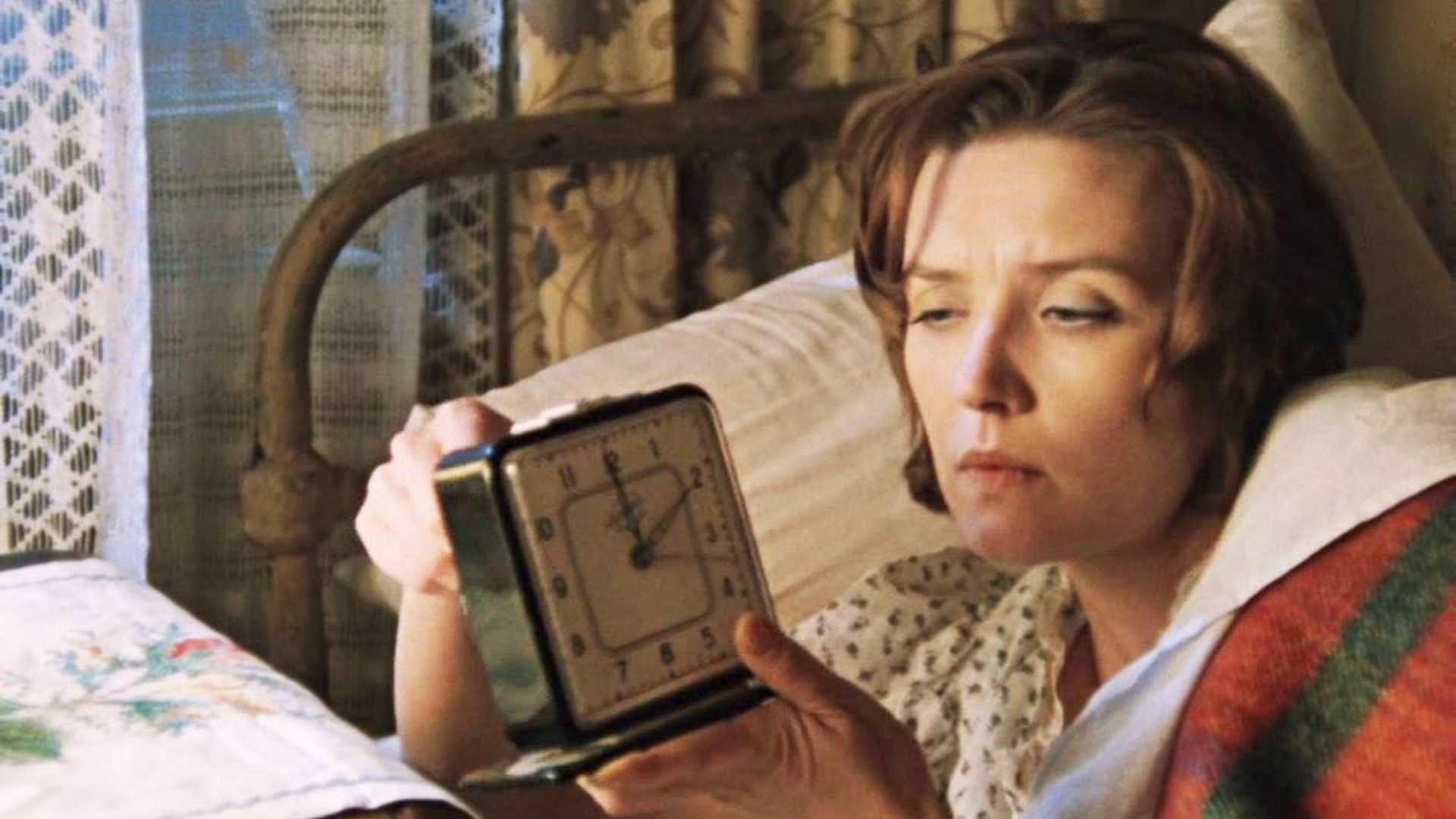
It was then that she met him. Sasha lived in the same house as she. Friendly and slightly half -hearted, he lived in a three -ladder left by the wealthy parents, and led a way of life for a guy of his age: he worked at the factory, looked after girls, met with friends.
Lyuba decided that the path to the heart of this man lies through the stomach, and did not lose. Sasha echoed for both cheeks prepared any cutlets, and looked at her enthusiastically.
Lyuba wanted love like air. Who, if not she, deserves to finally find its cozy place in the sun? She wanted to feel like a little girl who should no longer worry about anything under the caring wing of her husband. After a short time, the couple already lived together and prepared for the wedding. However, there was one “but”, doubts crept out every now and then, she doubted that they could earn a comfortable life for herself, then she suddenly began to feel an anxiety, suddenly he would find a girl better than she, and would leave for another.
And then Sashin is a friend Anton, who often came to visit. He was in everything stronger than him: a stately figure in which power was felt, firmness of beliefs in relation to himself and other people. Lyuba herself did not understand how she fell in love. It was with this man that she could feel like a little girl under protection, nothing was scared with him.
However, Anton was gently in love with another girl. And Lyuba thought that you could not build happiness on someone else's misfortune, and tried to build her. “You earn less than Anton,” she said to Sasha. However, because of some health problems, Sasha earn like a friend, and could not. “You're full, but Anton, unlike you, is a handsome man,” the girl said. And she tried to feed her lover from cabbage or not to feed at all. She began to count how much he erased, the very cutlets with which she beckoned him, and voice these numbers to Sasha.
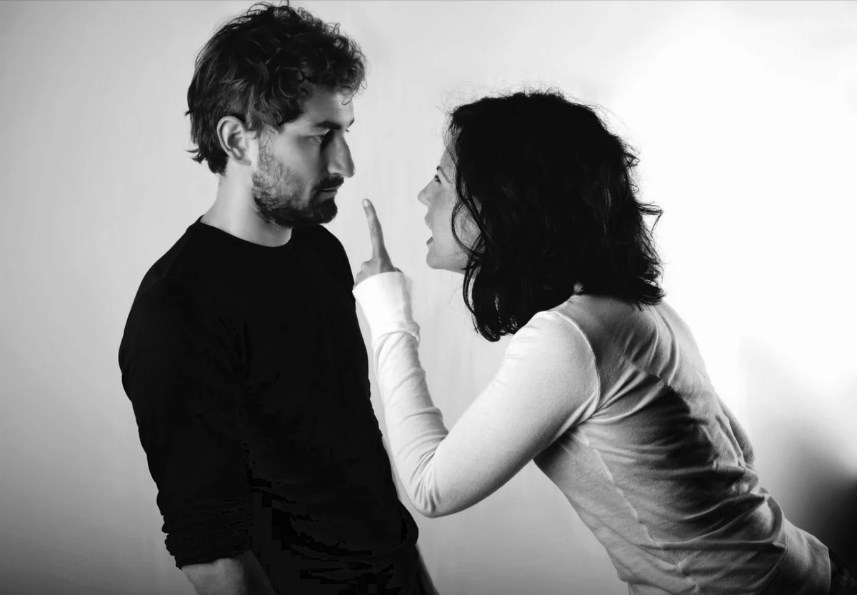
So the years passed, the couple got married, and they had a son, who was very similar to dad. Anton remained a close friend of the family, and Lyuba constantly compared her husband with his friend.
Sasha complained about the constant reproaches of his wife. One of his work colleagues understood him better than others, she, like no one, knew how to calm him down. And once at a corporate party, passion flashed between them. As for that other girl, instead of the proverb “You can’t build happiness on someone else's misfortune”, she often said another phrase, namely, “Wife is not a closet, you can move”.
Lyuba really wanted to maintain a relationship. Calls to the rival and excerpts of the correspondence that she found on social networks brought her to tears and tantrums. But he still left. His passion was so strong, as if that girl really bewitched him.
Lyuba walked along the street with a cold and evil face, all in her thoughts she did not notice anything around. She dragged her son by the hand, the baby did not keep up with her mother and stumbled, which hurt him. No, she was not angry with her son, just Sasha left, and for Lyuba it was such a cruel blow that she could not think about anything else.

She was scared to be alone, and she still tried her best to become happy. A new man appeared in her life. She left her hometown, relatives and her apartment to leave with him. What about children? Is it really good for them when it is good for her? They say that mother is a tree, and the children are twigs, and so that they feel good, they need a happy mother. But is she too afraid of being left alone, and how can she establish a relationship with her ex -husband, if she hurts her to see him?
As for Sasha and his new lover, the proverb “You can’t build happiness on someone else’s grief” turned out to be fair, for a very banal reason. Now he had to pay alimony from his modest salary for two children of his ex -wife. And the money in the new family was categorically lacked. One could talk about karmic justice, but it is more reasonable to say that happiness is not given to anyone for nothing, and every happiness has its own price.

Arguments for composing on the topic "You can’t build happiness on someone else's misfortune"
Proverbs are concentrated folk wisdom, so to speak, quintessence, and situations that approach their meaning, we often see both in life and in literary works. The veracity of the fact that you cannot build happiness on someone else's misfortune, is often confirmed in the stories, novels and poems of Russian classics. However, sometimes this proverb in literature is called into question.
The Master and Margarita
When the master met Margarita, she walked along the street with a bouquet of yellow flowers. He thought that yellow flowers were a bad sign, but he was drawn to her, like a magnet. His head was opened by crazy passion, and one of the most piercing and sad stories of love described in Russian literature began. He was a genius, and she was his muse, and not angelic, because according to the plot, Margarita once turned into a witch and loved to fly at night. Nevertheless, it was she who made him a master, it was she who embroidered the letter “M” on his hat, which meant “Master” and told him that the manuscripts did not burn and his work is immortal.
Before meeting with Margarita, the master was married. But he even forgot the name of his wife. Her name was either for a jars or a shirt. Was the proverb “you can’t build happiness on someone else's misfortune” with Bulagakov? On the one hand, yes, because this whole novel describes the life of heroes from its black side. Witch Margarita, who cannot find peace and flies at night. The master, whom his anxiety brought to a crazy house. Satan’s ball, to which the black entities of the representatives of society came. On the other hand, probably this novel is so popular, because life is the way, from darkness to light. And one of the ways to find light is to understand the darkness.
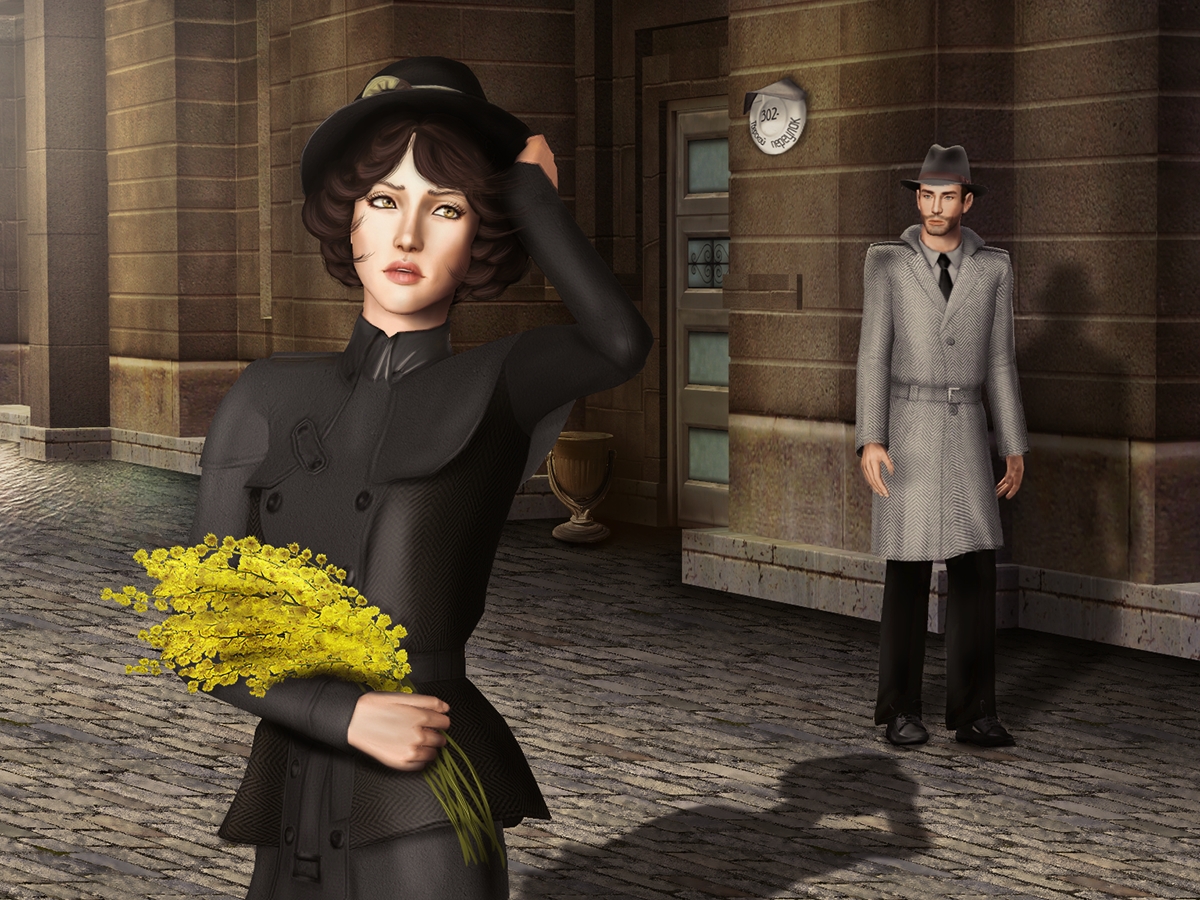
Anna Karenina
Kiti, one of the three daughters of the Shcherbatsky, the girl "on outrage." She is a young, beautiful and cheerful girl who visits balls and captivates gentlemen. Her old friend Levin came from the village to Kiti to make her an offer. She knew this young man since childhood, with him she felt easily and at ease. However, the girl refused him, and another young man was the reason for everything. Vronsky was a representative of the "golden" youth who came from St. Petersburg. Smoking, drinking and noisy companies were the usual circumstances of his life. Vronsky did not even understand what he was called “clouding the head of young girls”, he liked the communication in the Shcherbatsky circle and the fact that in this house he became somehow better and cleaner.
Kiti refused sincerely loved her long -standing friend, and chose Vronsky. Vronsky, however, did not reciprocate her and was carried away by Anna Karenina. The proverb that you can’t build happiness on someone else's misfortune. Kiti was so saddened that it was reflected even on her well -being. Many doctors were invited to her, not one of whom could cure her.
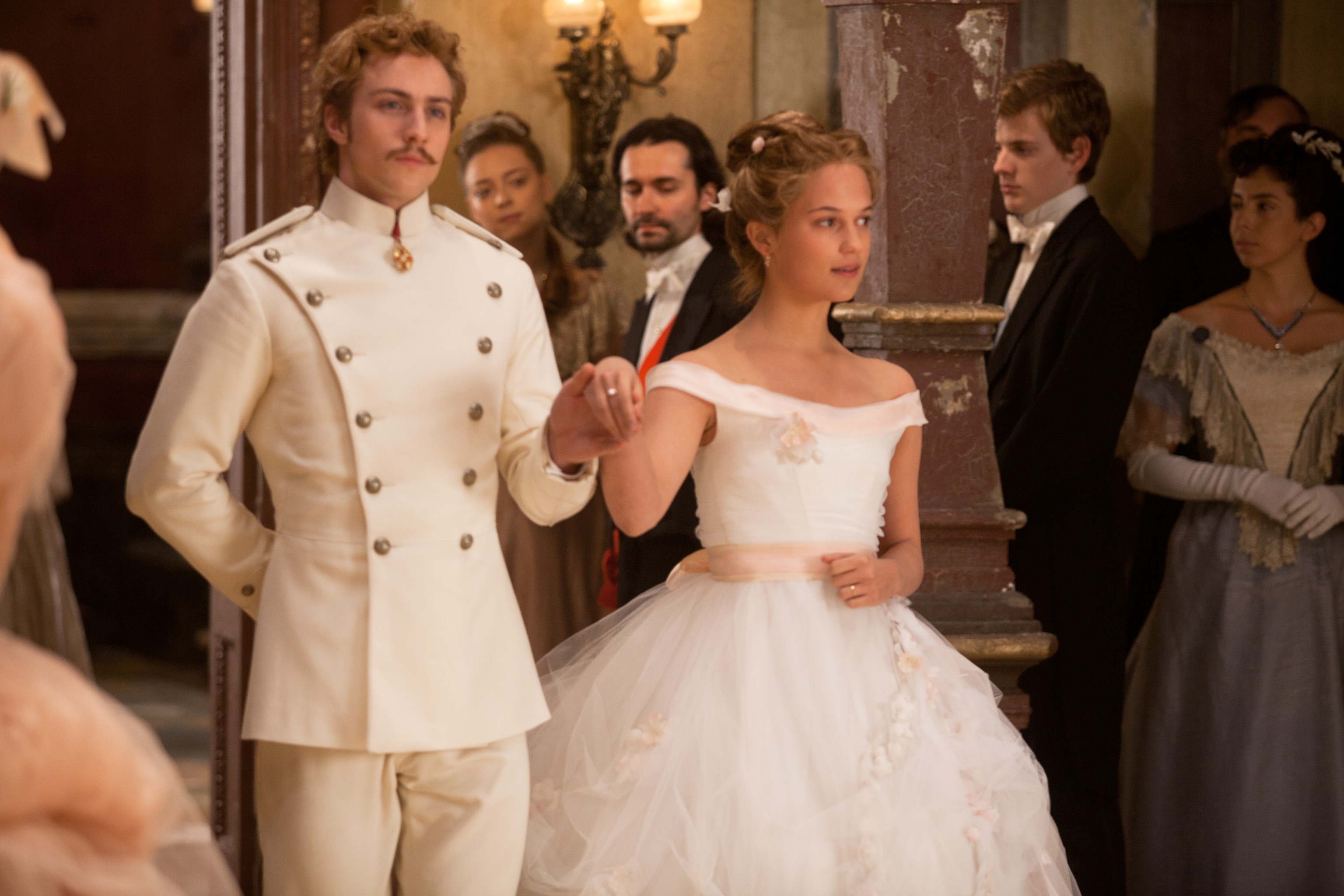
Crime and Punishment
“Who am I: a man or a trembling creature?”, The main question that Raskolnikov raises himself, deciding on a crime. According to the plot, he killed the old woman percentage and took possession of her property. But the constant remorse and bad thoughts, swarming in his head, did not allow him to let the wealth received for creative needs. He could not even help his mother and sister.
It turns out that the work of Dostoevsky also confirms popular wisdom, that you cannot build happiness on someone else's misfortune. It is also interesting that Orthodox priests turn Raskolnikov’s question “Who am I: Man or Trembling creature”, on the contrary,. They say that happiness built on someone else's misfortune is possible only for a very small, unintelligent child, or for an animal, or for a creature (as in the variant of Dostoevsky). People can build happiness on someone else's misfortune, but then they lose the ability to be people. 